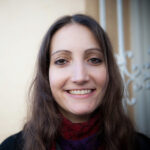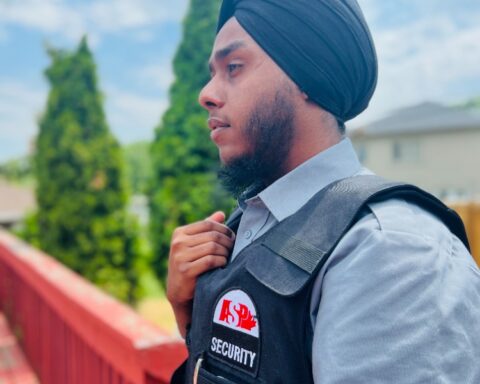The news that his father-in-law, a cancer survivor, had contracted COVID-19 in India came as a shock to Anindo Dey’s family. The Dey family had moved to Vancouver, B.C. just three months before and their attempts to get him into a hospital remotely were unsuccessful. Dey saw his wife, Aparna “completely stressed out sitting over here,” and encouraged her to go to her father.
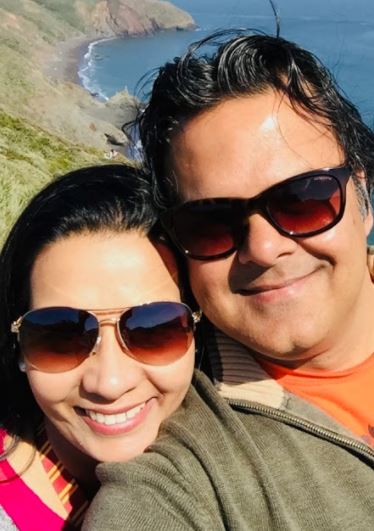
Thus began the arduous process of getting on a flight as the situation in India rapidly deteriorated. The first ticket booked on Air Canada was cancelled the next day. So Dey booked on Air India, which then also stopped flights. Next, he tried United Airlines, not realizing she needed a visa to go through San Francisco.
“We were turned around and she had to come back home so that ticket went to waste,” he said. Aparna finally got onto an Etihad flight, embarking on a 37-hour journey – including lay overs in Toronto and Abu Dhabi – to reach her father.
Frustration watching from afar
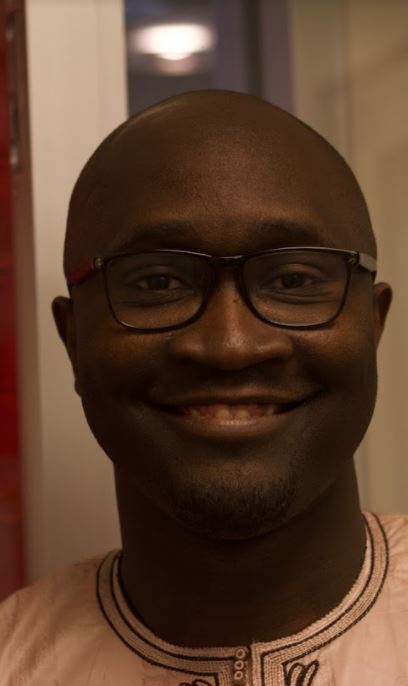
Michel Ndiom is familiar with the current challenges faced by diaspora communities in Canada. A social worker and owner of Blue Haven Counseling and Coaching who has lived in B.C. for 14 years, he maintains a strong connection to his country of origin and is frustrated at the lack of education around the pandemic in Cameroon. “There seems to be a lack of awareness from the population about how serious the sickness is,” he says. “There are some jokes around the fact that the Africans survived Ebola and other diseases, they will survive this.”
After a slow start, the Cameroonian government is pushing for people to wear masks and get vaccinated, but the population’s distrust is disrupting these efforts. Misinformation has swept the public with rumours of fake COVID-19 tests abounding, as well as incidents of people able to return to Canada from Cameroon after testing positive because they bribed officials to change the results. The COVID-19 numbers provided by the government are also being questioned by non-profits in the country.
Medical doctors Ndiom has spoken with contradict the promise of enough vaccines for everyone. And with a shortage of hospitals per number of inhabitants, lack of equipment including oxygen supply, and pervasive fear of doctors contracting the disease from their patients, the health system in Cameroon is ill-equipped to help people who do contract COVID-19.
Ndiom still has many relatives, friends and former classmates in Cameroon. “It’s complex … [I feel] powerless, pain, anger at the population,” he says. “Things like saying if someone dies of COVID-19, his time has arrived. It’s irresponsible – how many people do you want to bury?”
The shadow of a country left behind
After living in Canada for 25 years, Andreina Romero no longer has many direct connections left in Venezuela. The deteriorating political and economic situation has caused much of her family to leave the country, including her parents and younger brother, who she sponsored to join her in B.C. in 2009. But her mother’s regular contact with connections there keeps this reality present.
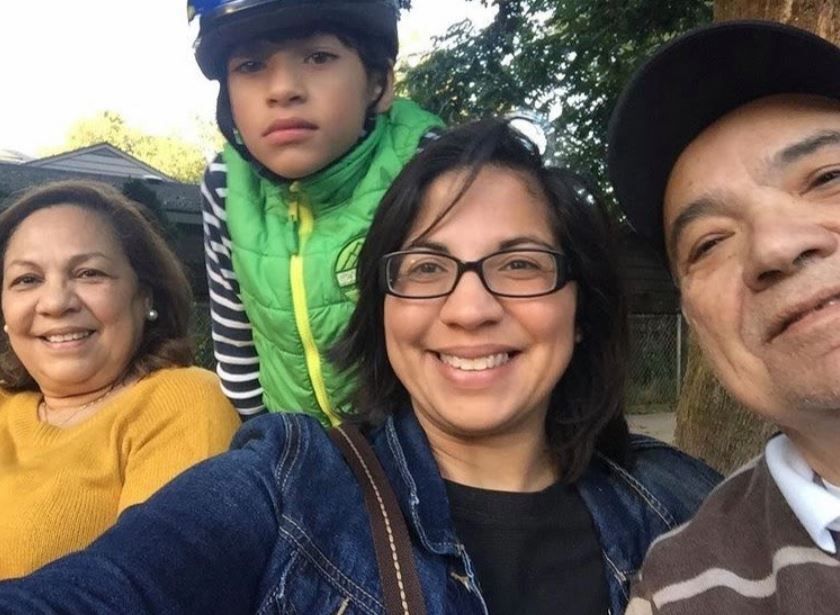
“Listening to their stories … it’s a daily reminder of what could have been,” Romero says. “It’s also been a reminder of how long I’ve been here. It puts me in an interesting place where I could feel that the connection is tenuous but nevertheless, painful.”
The pandemic hit an economy with inflation already over thousands of per cent. Patients treated at public hospitals had to bring their own medication, and even private clinics were struggling. And although people earn in bolívar, they are charged in dollars.
“It’s almost like a war zone where you need the money from outside to be able to pay,” Romero says. “But if you are among the poorest of the poor, which is an extremely high proportion of Venezuelans, I think it’s over 70 per cent. Good luck, you are going to go to the public hospital.”
The “opaque” nature of the Venezuelan regime means there is little information available on the number of people affected by COVID-19 or the vaccination campaign, and the information released can’t be trusted. Official reports of 1500 deaths do not seem accurate when compared to numbers from surrounding countries.
Less than one per cent of the population has been vaccinated, the lowest rate in South America. And the distribution of what little vaccine supply there is, is set to be coordinated through a biased online platform, leaving the most marginalized to fall through the cracks.
The scarcity of vaccines has also fueled black market sales, facilitating access for the few who can afford them rather than those most at risk.
Although grateful that her parents in Canada have been vaccinated, the thought of vulnerable family members still in Venezuela haunts Romero. “What hope [do] they have for getting a vaccine,” she says. “There’s a shadow always over me that I can’t shake.”
Real time support through technology
In contrast to Venezuela and Cameroon, India’s biggest challenge in dealing with COVID-19 is the sheer size of its population. “The whole of Canada’s population will fit into Delhi comfortably,” says Dey. He has lost nine people to COVID-19 so far.
“The distance hardens you because there’s very little you can do about it,” he says. “Every morning you wake up to a WhatsApp message that another person has died.”
But technology also connects him to a community providing substantial support in real time.
His wife’s Facebook request for an oxygen concentrator for his father-in-law received a quick response from a classmate in India, who had it delivered to the family’s apartment. In spite of the physical distance, Dey does not feel detached from India.
“We will somehow know that somebody is going to come and support somewhere. No one will die alone in India.”
Canada’s responsibility to its diaspora communities
Although frustrated by Canada’s hands off approach to endorsing a waiver on intellectual patents to foster local vaccine production around the world, Romero says the benefits wouldn’t apply to Venezuela with its “self-inflicted” political situation which has caused the collapse of the country’s infrastructure.
Ndiom is unsure whether the Canadian government’s decision is based on unwillingness or the lack of ability to back up such a stance. “We have to find the balance between being responsible at home as well as outside of the house,” he says.
Dey believes that the failure to take a stand on this issue will cause Canada to lose respect on the world stage. “Everyone has elephantine memories,” he says. “People remember, governments remember.”
Dey’s father-in-law is out of hospital and recovering from COVID-19. But because the Canadian government has stopped all flights out to Canada, his wife is now stuck in India indefinitely. Such situations during the pandemic are an added toll for people taking care of family in their country of origin.
“There’s a layer of cruelty attached to this which governments don’t realize,” Dey says. “They’re trying to protect their own citizens but often their own citizens get tangled up in the whole mess.”
This is a follow up to an initial article on vaccine inequality.
Daniela Cohen is a freelance journalist and writer of South African origin currently based in Vancouver, B.C. Her work has been published in the Canadian Immigrant, The/La Source Newspaper, the African blog, ZEKE magazine, eJewish Philanthropy, and Living Hyphen. Daniela's particular areas of interest are migration, justice, equity, diversity and inclusion. She is also the co-founder of Identity Pages, a youth writing mentorship program.


